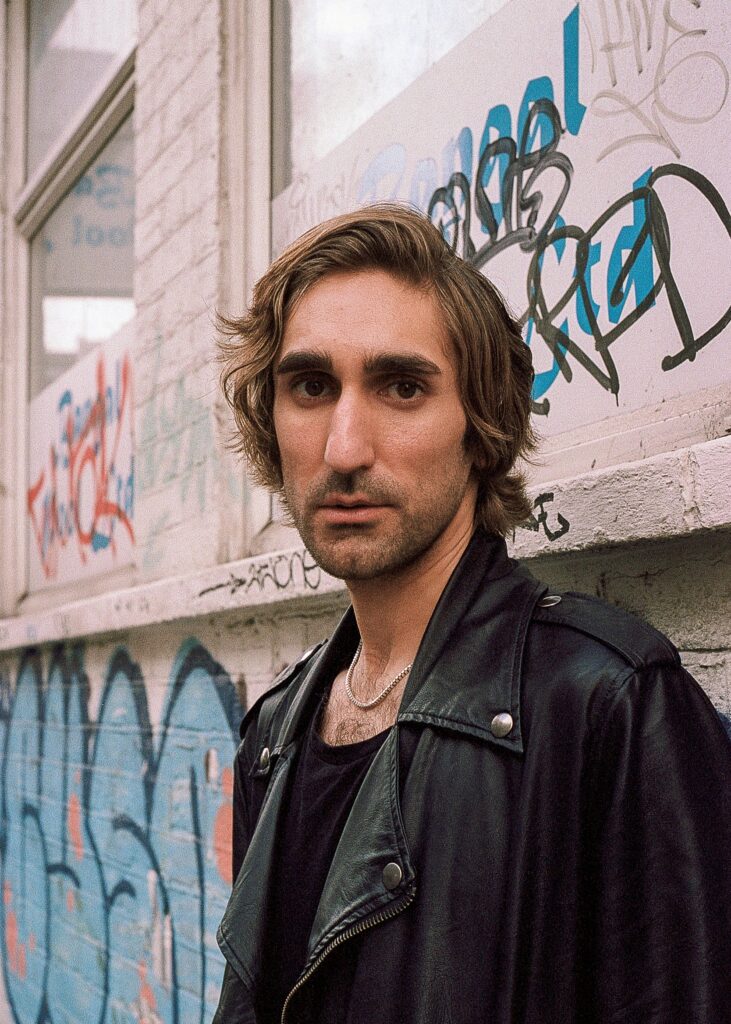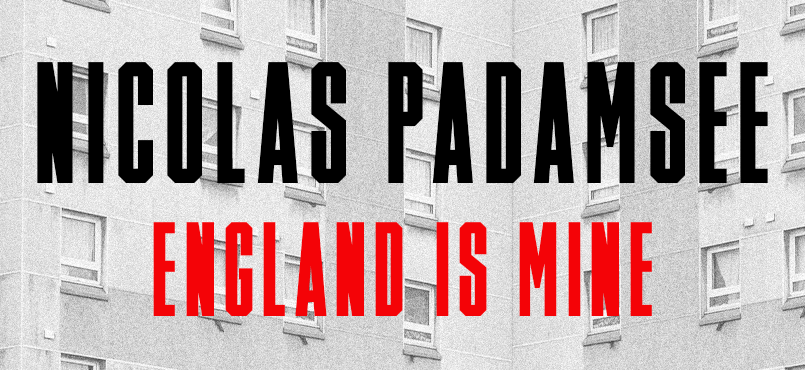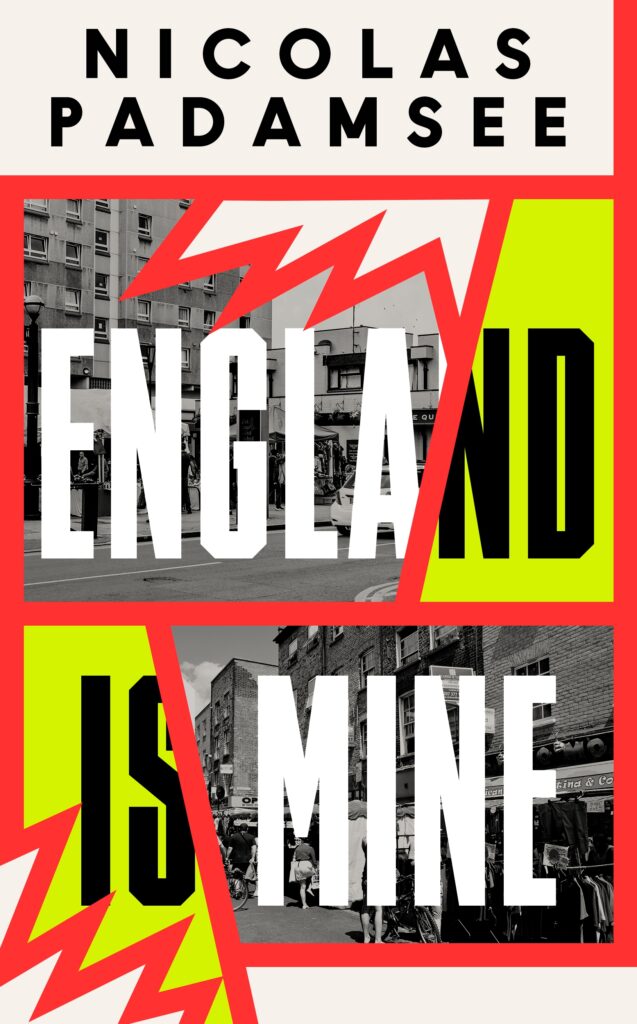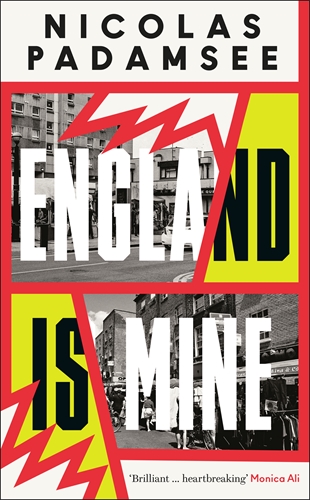08 April 2024
Nicolas Padamsee is the author of England is Mine (Serpent’s Tail, 2024), an Observer best debut novel 2024. It’s the story of David and Hassan, two second-generation immigrants struggling for a sense of identity and belonging in England’s largest metropolis. Amid a wave of online radicalisation and extremism, their fates become inextricably, catastrophically entwined.
We asked Nicolas a few questions to get an insight into his writing process and the inspiration behind this wonderfully raw, urgent debut novel.
Extremism is a word that has many connotations in the modern world, what does it mean to you?
There are few more hotly contested words today than extremism. It is deeply important that it is not thrown around with abandon and does not simply become shorthand for ideologies to which one is passionately opposed. The best definition I have come across is that provided by J. M. Berger, who classes it as ‘the belief that an in-group’s success or survival can never be separated from the need for hostile action against an out-group’ – this entails the designation of ISIS members and white supremacists alike as extremists, but not politicians who simply operate outside the mainstream, such as Jeremy Corbyn, George Galloway or Marine Le Pen, and places a valuable emphasis on the inherently social dimension of the concept.
As the founding editor of Arts Against Extremism, can you tell us a bit about this organisation and how it came to be?
Arts Against Extremism is a literary journal I set up while studying for a Creative & Critical Writing PhD at the University of East Anglia. We publish poetry, flash fiction, short stories and novel excerpts that engage with the subject of extremism – blurring black-and-white narratives and encouraging empathy for those ‘beyond the bounds of our personal lot’ (George Eliot) – as well as interviews and essays that consider how art can help to stem the tide of radicalisation. My ambition was to get more readers and writers to engage seriously with the causes and consequences of extremism; to counter it, we have to try to understand it, however uncomfortable that might be. I was inspired to set it up after reading Julia Ebner’s Going Dark: The Secret Social Lives of Extremists, in which she argues that the creative industries have the power to transcend traditional counter-extremism measures.

How has your work with Arts Against Extremism fed into the writing of England is Mine?
We have published a wide range of works, including a short story about division in Cyprus, a novel excerpt about the Bosnian War and flash fiction about Islamism. Reading and editing submissions led me to think more deeply about how radicalisation happens and how it can most effectively be portrayed in fiction. It also motivated me to spend more time wandering the sewers of the internet, which was as fascinating and illuminating as it was troubling.
The global communities that have developed around Call of Duty play a central role in David’s story. How did you approach researching this subset of online gaming culture?
I have been playing Call of Duty for over 20 years now and made many close friends doing so. During the first lockdown in spring 2020, I would regularly log on at around ten p.m. and find myself ambling up to bed to the sound of birdsong. For many people, this is their primary means of socialising – and a source of immense comfort and pleasure. I think there are a lot of men who are quite isolated and feel uncomfortable talking intimately with other men in person, but gain a certain confidence when they pick up their controller and put their headset on. In between the games – racking up frenzied, frantic Killstreaks – a lot of deep conversations do take place. At the same time, I have also seen people I used to play Call of Duty with change intensely over the past few years and move into more fringe communities.
Music is another instrumental part of David’s character. If England is Mine had a soundtrack, what would it be?
Writing England is Mine, I was heavily inspired by British indie rock – from Pet Shop Boys and The Smiths in the eighties, through Placebo and Suede in the nineties, Babyshambles and Arctic Monkeys in the noughties and Ghostpoet and Wolf Alice in the twenty-tens to PinkPantheress and Eliza Shaddad today. I also listened a lot to the subversive industrial metal of Rammstein and the dramatic military pop of Jadu.
Listen to the England is Mine playlist on Spotify and Apple Music.




